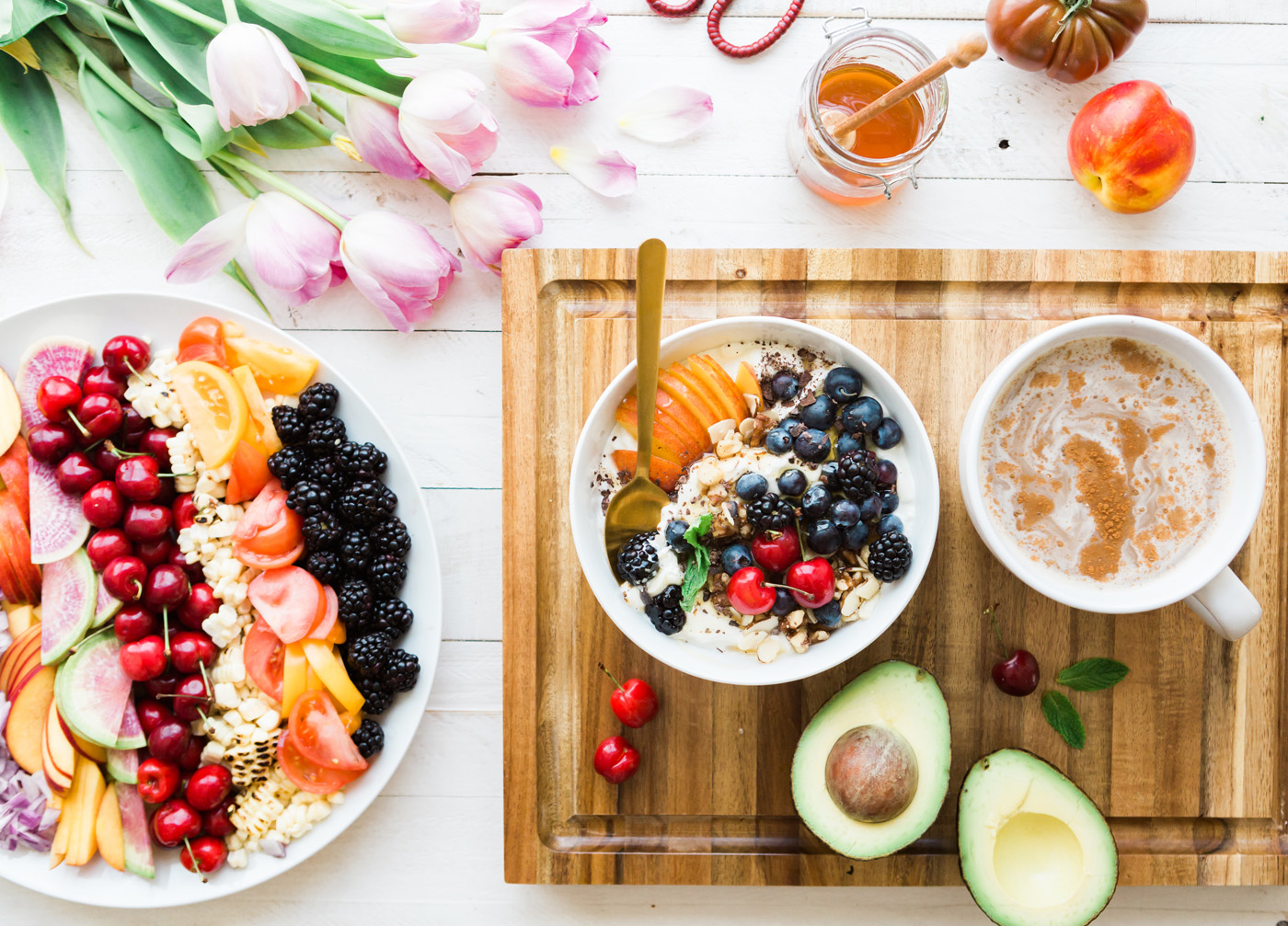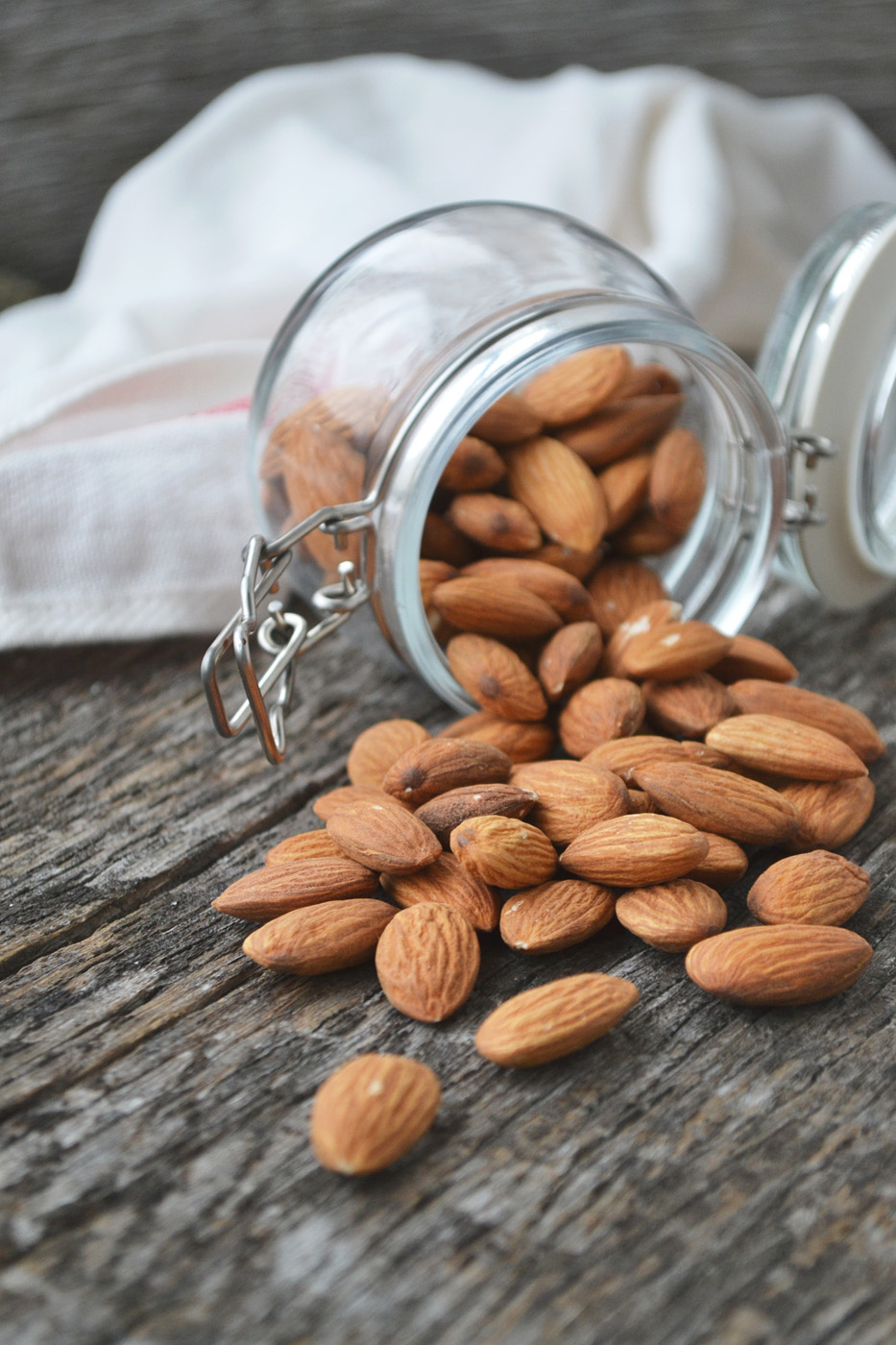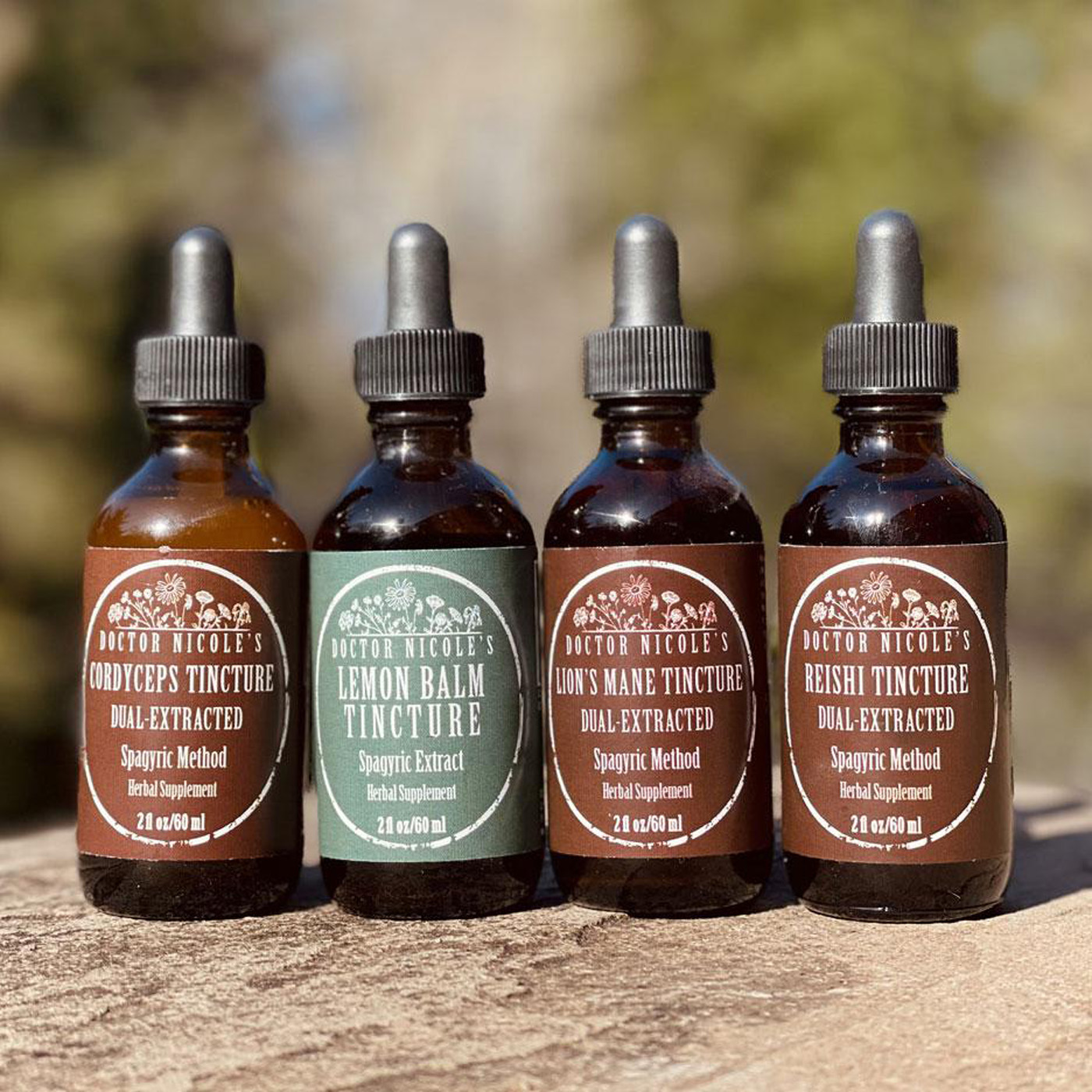The Effect of Food Choices on Mental Health
If you find yourself struggling with depression and low mood, diet can be a helpful ally to brighten your outlook. Mood disorders can be especially problematic during the dark days of winter. Don’t underestimate the power of food. Research has shown dietary changes can make a big impact in the treatment of depression by improving cell activity and influencing the synthesis of neurotransmitters. A nutrient-dense diet is key. Let’s have a look at what the studies have to say and explore effective ways we can boost our mood with food.
The Science Behind Diet and Happiness
A 2019 meta-analysis of sixteen randomized controlled trials established that “Dietary interventions hold promise as a novel intervention for reducing symptoms of depression across the population.” While the team recognized more study is needed to understand the underlying mechanisms, their findings hold promise. Likewise, Australian researchers found that higher fruit and vegetable intake “increased happiness, life satisfaction, and well-being” over the course of 24 months. They concluded that “people’s motivation to eat healthy food is weakened by the fact that physical health benefits accrue decades later, but well-being improvements from increased consumption of fruit and vegetables are closer to immediate.” Additionally, a randomized controlled trial discovered that eating a Mediterranean-style diet supplemented with fish oil led to lower rates of depression in otherwise healthy adults.

Brain Foods That Can Boost Your Mood
If you would like to improve brain function and mental health, there is no better place to start than with your dinner plate. Consider eating more of the foods below to help brighten your outlook.
Leafy greens are one of the best foods you can eat for brain health. Low in calories, yet high in nutrients, greens like kale, spinach, collards, Swiss chard, mustard, and arugula pack a serious nutritional punch for encouraging a healthy mood. Leafy greens also help to tame neuroinflammation, an inflammatory condition linked to depression. And don’t overlook sea vegetables. An excellent source of important nutrients, seaweed is an outstanding green for your brain. Read more about this wonderful superfood in the post, “Why (Almost) Everyone Should Eat Seaweed — Wild Food Recipe Included!”
Next are colorful fruits and vegetables. The more you eat of these, the better your brain health. Think: red and yellow bell peppers, any kind of berry, broccoli, Brussels sprouts, carrots, dark cherries, winter squash. Importantly, they have also been found to lower neuroinflammation, thereby helping to reduce depression. The antioxidants in these foods also improve memory.

Then we have nuts, beans, and seeds. This trio is proof that good things come in small packages, especially where your brain is concerned. Loaded with protein, nutrients, and fiber, these foods help to nourish your brain and balance blood sugar levels, which is crucial for promoting brain health and curbing mood swings and depression.
Need a little extra help in balancing your blood sugar?
Have a look at my Heart & Blood Sugar Support Bundle
Seafood is another excellent choice for optimizing brain function. Rich in long-chain omega-3 fatty acids that help to reduce depression, seafood is also a good source of vitamin B-12, iron, zinc, selenium, and protein. Plant-based? Not a problem! Focus on flaxseed, chia, hempseed, and sea vegetables instead.
Now we arrive at fermented foods, which are important for maintaining a healthy microbiome. Since gut health plays a major role in producing feel-good neurotransmitters, including these foods each day is vital if you would like to lower your risk of depression. Yogurt, sauerkraut, kefir, kombucha, and kimchi are good sources of beneficial microorganisms to feed your microbiome. Other examples include miso and raw apple cider vinegar. You can also try my convenient Balanced Gut Blend to support a thriving microbiome and healthy gut. Learn more about this important aspect of health here.

Don’t forget about herbs and spices. Certain spices benefit brain health by reducing inflammation, supporting the gut microbiome, and improving cognition. Turmeric with a pinch of black pepper (to increase bioavailability) can cool inflammation and boost cognitive function, while rosemary helps to improve clarity and memory. Ginger is a smart choice for its anti-inflammatory properties and cinnamon balances blood sugar levels. Fresh herbs like parsley, cilantro, and basil top the list as some of the best brain foods as well.
Medicinal herbs are very helpful for relieving anxiety and depression while supporting brain health. Lemon balm along with lion’s mane, cordyceps, and reishi mushrooms are outstanding choices. Each of these potent, mental wellness supportive herbs is included in my convenient Brain Bundle.
The Food and Mood Takeaway
Researchers continue to study the connection between food and mood. But we do know that approximately 20 percent of the food we eat goes to the brain, according to Dr. Drew Ramsey, a psychiatrist and assistant clinical professor at Columbia University. According to his research, there are 12 nutrients that are considered anti-depressant: iron, omega-3 fatty acids, magnesium, potassium, selenium, vitamin A and C, and zinc, along with several B-vitamins, including: thiamine, folate, B6, and B12. The lion’s share of these nutrients are found in plant foods.
Dr. Ramsey concludes in his post, “What Are the Best Foods to Fight Depression? The Antidepressant Food Scale“:
“No doubt we’ll see more research examining how food can impact depression, but you needn’t wait for researchers to catch up on what we already know and this new study proves: Eating more nutrient-dense leafy and cruciferous vegetables is one of the few ways that research suggests we can protect ourselves and our families against depression. Your brain health starts at the end of your fork.”
Nicole Apelian




